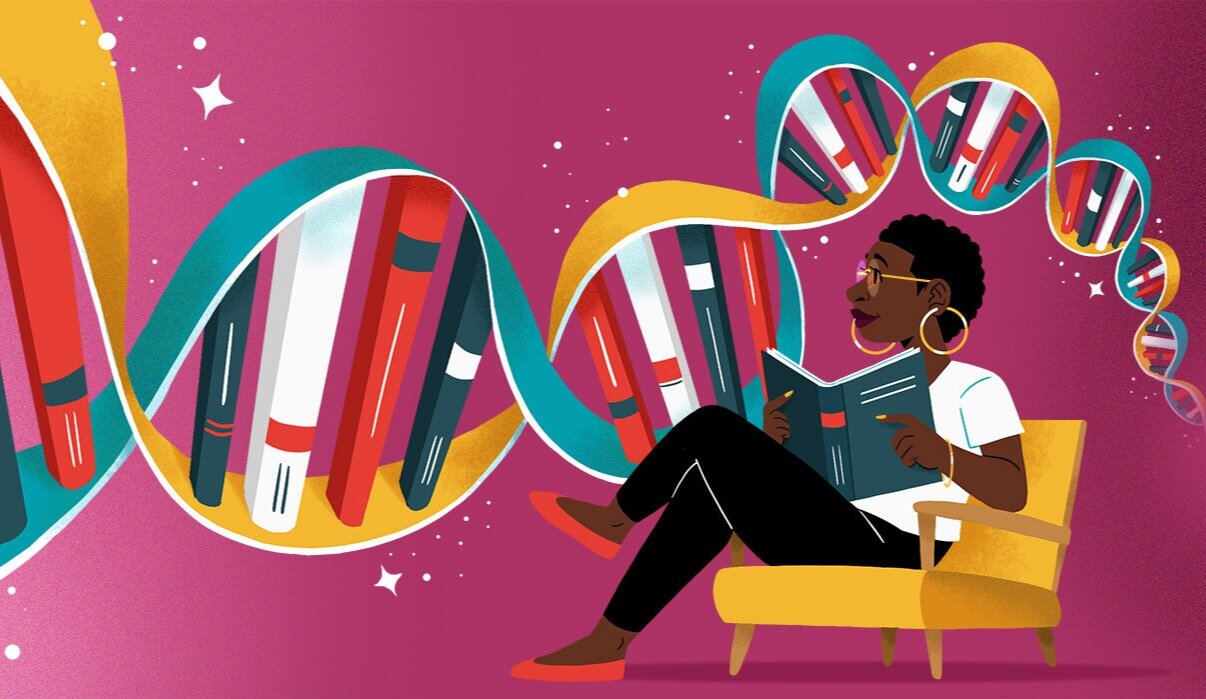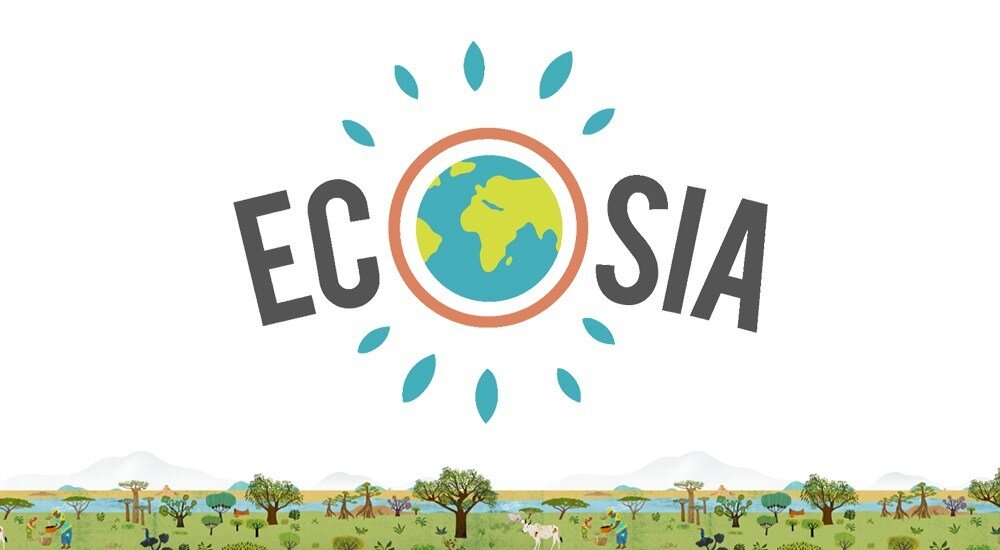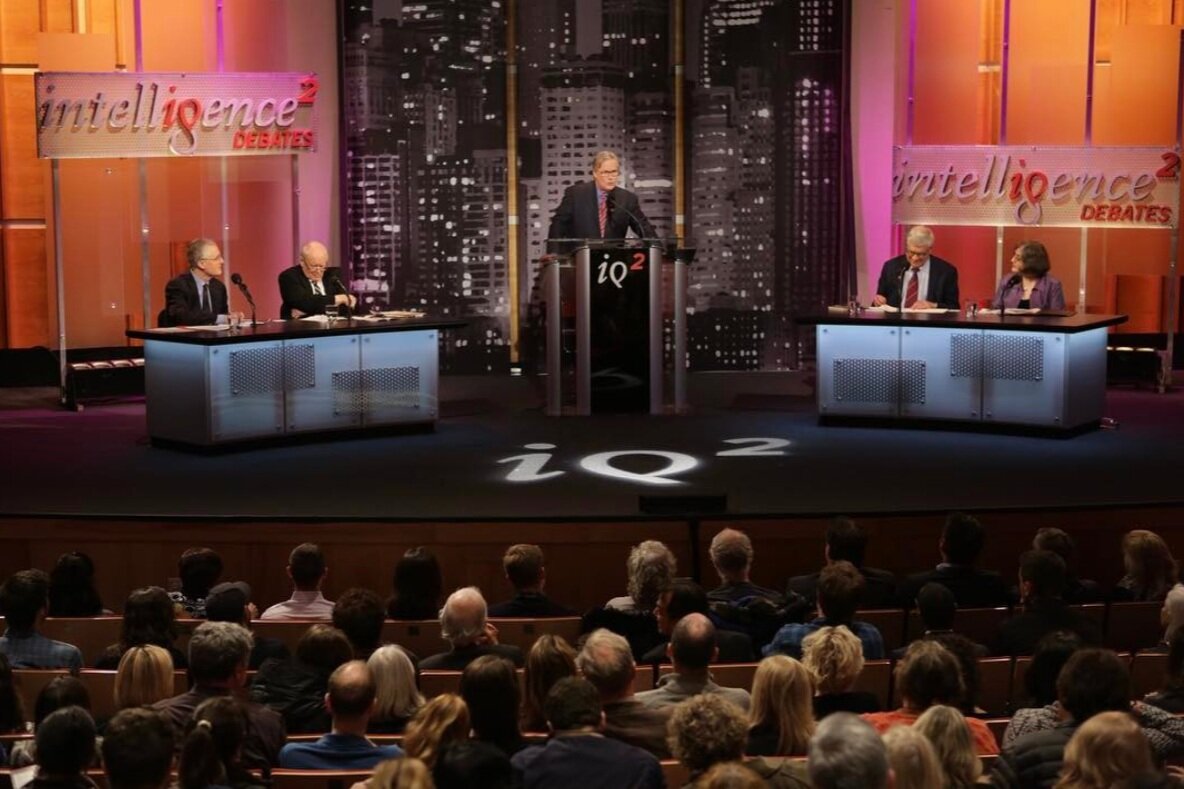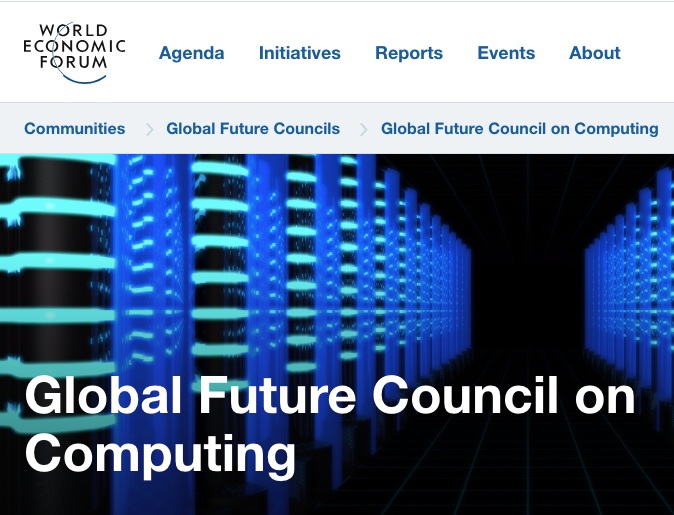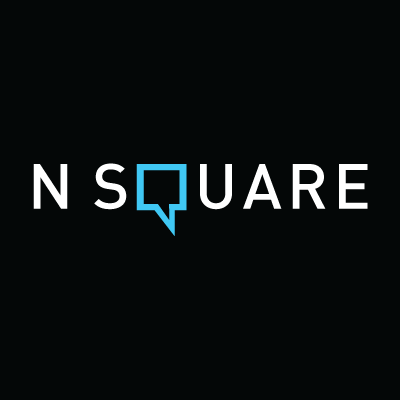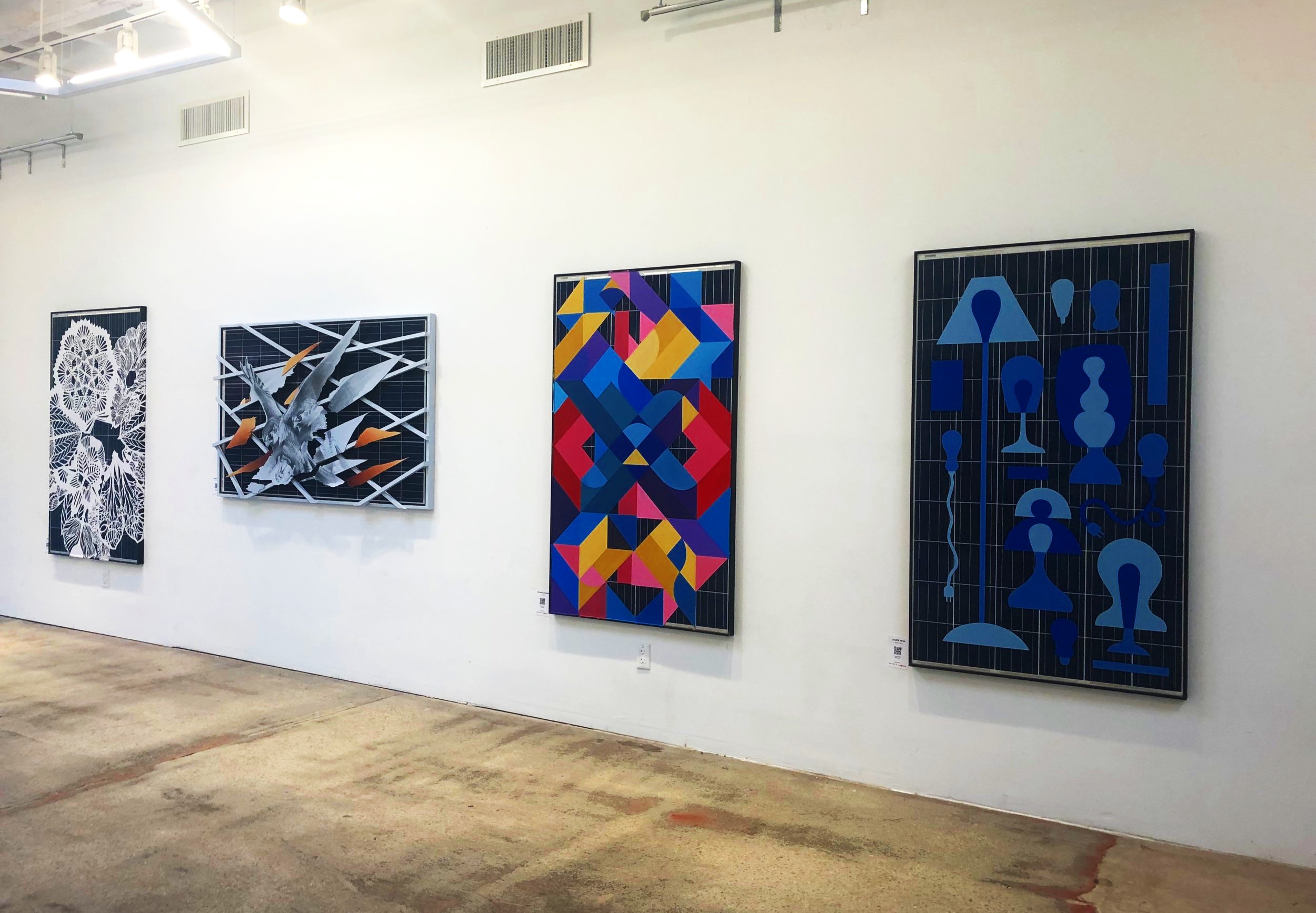Recent projects
Neo.Life, a new science publication from the co-founder of Wired
guest editor
Neo.Life explores how biology and technology are coming together to help us all live healthier, happier, and longer lives. From brain mapping to genome sequencing, synthetic biology to 3-D printing, it covers the bio-tech revolution breaking out all over the planet. Created by Jane Metcalfe, one of the co-founders of Wired, Neo.Life’s beat includes the latest research and developments from the fields of neuroscience, genetics, longevity, and the microbiome. It also covers the future of food, sex, fertility, and death, and tracks biohackers, synthetic biology, and human performance.
I was asked to guest edit the publication in 2020, where I commissioned six issues, introduced new writers, and re-vamped its production schedule and newsletter. Some of my favorite articles from this period uncovered the movement to decolonise psychedelic pharma, showed how your senses modify your experience of reality, and debunked the existence of human pheromones.
Illustration by Shannon Wright for an article I wrote about scholars of color who combine scientific inquiry and social justice, “5 Books That Grapple with the Thorny Issue of Genetics and Race.”
Ecosia’s environmentally friendly search engine
editorial strategist
Ecosia is an alternative search engine that plants trees with its profits. They support over 20 tree-planting projects in 15 different countries (Peru, Brazil, Madagascar, Nicaragua, Haiti, Colombia, Spain, Morocco, Senegal, Burkina Faso, Ghana, Ethiopia, Uganda, Kenya, Tanzania and Indonesia) and have planted 160 million trees to date.
Ecosia is not just carbon-neutral—it’s carbon negative. How does the math work? By planting trees and offsetting energy use with renewables, each search removes 1kg of CO2 from the air. An average search generates around €0.005 of revenue, and it costs roughly €0.25 to plant a tree, which means that Ecosia can plant one tree every 50 searches. On average, these trees will each remove 50kg of CO2 during a 15 year lifetime. (They also recently built their own solar plant so that they can run their servers on clean power.) This means that if Ecosia were as big as Google, it could absorb 15% of all global CO2 emissions and offset vehicle emissions worldwide.
I was Ecosia’s editorial strategist during 2019 and 2020. I consulted for their editorial and marketing teams with the goal of raising public awareness for the search engine and helping them communicate their tree-planting efforts.
Intelligence Squared debates
consulting producer
Intelligence Squared addresses a fundamental problem in America: the extreme polarisation of the nation and its politics. The nonpartisan nonprofit’s mission is to restore critical thinking, facts, reason, and civility to American public discourse.
The series is based on the traditional Oxford-style debate format, with one side proposing and the other side opposing a sharply framed motion. The audience votes on their view of the motion before the debate starts, and then their opinion is again recorded at the end of the debate. The winner of the debate is not the team who has the most votes, but the team who changes the most minds.
Intelligence Squared’s debates are filmed in front of a live audience and are widely distributed on public radio, as a podcast, and online in video form. They promote intellectual diversity by fostering respect for contrary opinions and curate thought-provoking conversations around the most important issues of the day.
In 2019 and 2020, I was a consulting producer for Intelligence Squared, focused on booking speakers for their science and technology debates, as well as providing editorial support for their politics and economics debates.
World Economic Forum’s Global Future Council on quantum computing
council member
The World Economic Forum’s Global Future Councils are the world’s foremost interdisciplinary knowledge network dedicated to promoting innovative thinking to shape a sustainable and inclusive future for all.
The network convenes more than 700 of the most relevant and knowledgeable thought leaders from academia, government, business, and civil society, grouped in expertise-based, thematic councils. It is an invitation-only community, and members are nominated for a one-year period. (I was a member for three years.)
In a global environment marked by short-term and siloed thinking, the Global Future Councils foster interdisciplinary and long-range approaches. They provide thought leadership on key global challenges, and the impact and governance of emerging technologies.
From 2018 to 2020, my role as a Future of Quantum Computing Council member was to facilitate conversation and collaboration between leading members of the quantum-computing community. Using my background in moderation and technology editing, I helped members center their motives and then turn those thoughts into white papers, leadership blogs, and other media.
N Square Innovators Network on nuclear weapons proliferation
innovation FELLOW
In 2014, five of the largest peace and security funders in the United States joined forces to develop a new, collective approach to incentivising and rewarding innovation in the nuclear threat field. The result was N Square, an initiative built on the idea that new forms of cross-sector collaboration will accelerate the achievement of internationally agreed goals to reduce nuclear dangers.
At the heart of N Square is the Innovators Network, a vibrant community of cross-sector leaders working together to prototype and pilot breakthrough approaches to the nuclear issue, including open intelligence platforms, movement-building tools, and innovative uses of technologies such as blockchain, AI, and machine learning. Innovators Network fellows are visionary leaders who recognise the opportunities embedded within tough challenges. They are scientists, game designers, Hollywood screenwriters, global security gurus—and editors like myself.
I was part of the third cohort of the Innovators Network, which took place over 2019 and 2020. We worked to initiate creative projects that brought public awareness to current nuclear threats, including Atomsphere, an outdoors company that connected nuclear issues with environmental policy and social justice.
Solar Panel Art Series
curator
Founded in 2016, the Solar Panel Art Series aligns science and art, creating a platform where renewable energy meets artistic creativity. Each edition invites global artists to create works on recycled solar panels, which are then auctioned in partnership with Paddle8, with proceeds going to Olafur Eliasson’s Little Sun Foundation. Following European editions in Berlin, Bonn, Cologne, and Madrid, I curated the collection of artists for their first American exhibit in New York in 2018.
The artists I invited to create works on the solar panels included:
SWOON / FELIPE PANTONE / ZARIA FORMAN / MAYA HAYUK / EDWARD GRANGER / ASKEW / OLEK / JAMES REKA / BRIAN KENNY / AARON LI-HILL / and PAUL RICHARD
Olafur is known for his environment-focused artworks, perhaps most famously for The Weather Project, which was shown in the Tate Modern. In addition to his artistic practice, he also runs Little Sun, a non-profit he started to bring energy sustainability to some of the 1.1 billion people who live off the contemporary energy grid. They achieve this through providing solar lamps to developing towns and cities; they've supplied over a half million of them to date. You see more of their global impact here.

